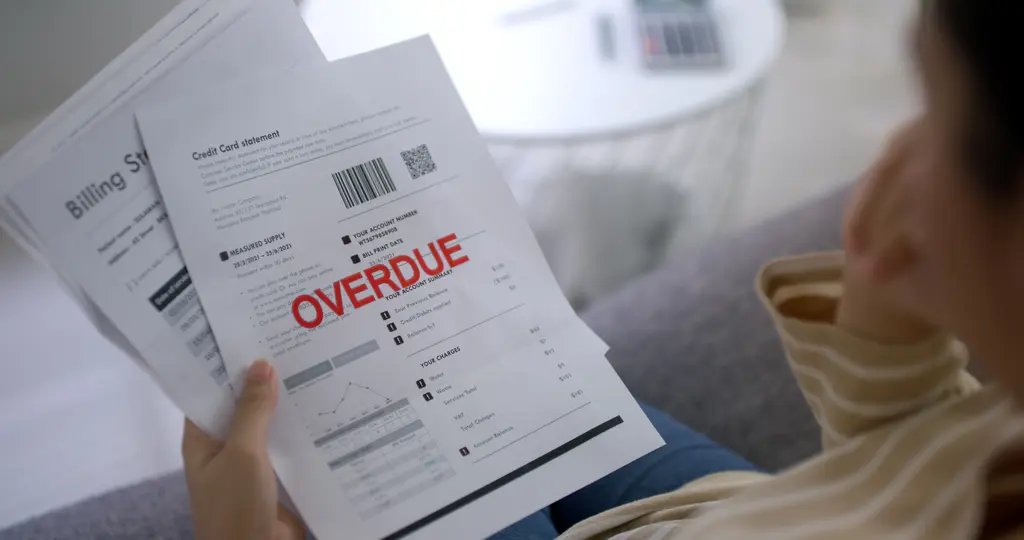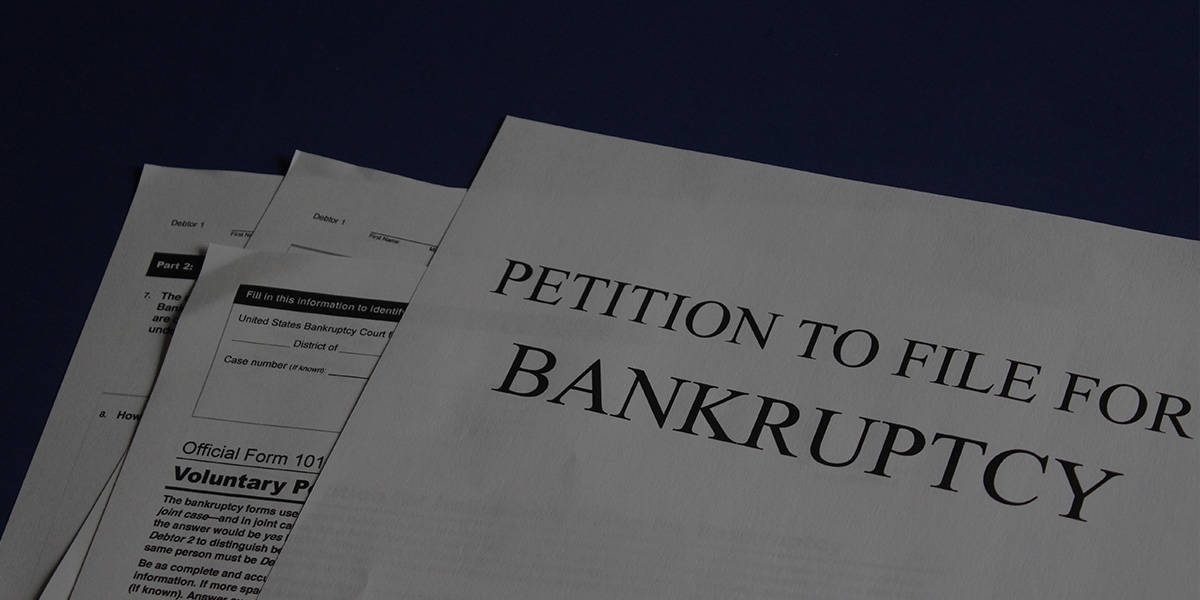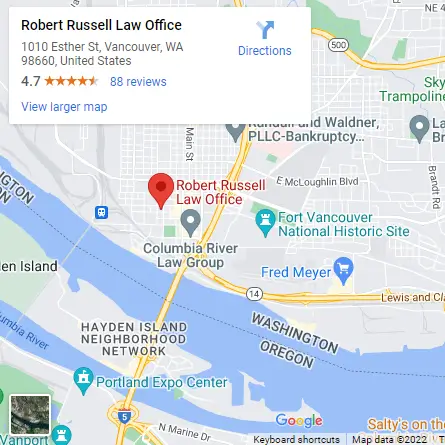BANKRUPTCY TAX QUESTION
Can you complete a Chapter 13 case, receive a discharge and still owe a pre-petition tax debt?
BANKRUPTCY TAX ANSWER
YES. Taxes due under 11 USC 1328(a)(1)(B) – (C) are nondischargeable AND are NOT entitled to “priority” under Section 507 and, thus, do not have to be paid before the completion of the case. That means you can finish the case and still owe these taxes. Those taxes are:
– 523(a)(1)(B): Taxes due on a tax return either not filed or filed in the two years just before bk filing, and
– 523(a)(1)(C): Cases of tax fraud / tax evasion
As a result, you can complete a 13 case, receive a discharge (not paying these taxes) and then still owe these types of taxes after discharge. The most common tax still due is a tax due on a return either not filed at all prior to the bankruptcy or filed in the two year before the bankruptcy. So, please keep this in mind and do not be surprised when you a finish a Chapter 13 and the taxing authority wants to negotiate payment on these nondischarged taxes.
NOTE: As a genenral rule, if you file your tax returns on time, even if you cannot pay the tax, then you won’t have to worry about this issue.
Here are the statutes that provide this result.
The Relevant Code Sections – Chapter 7
11 U.S. Code § 523 – Exceptions to Discharge
(a) A discharge under section 727, 1141, 1228 (a), 1228 (b), or 1328 (b) of this title does not discharge an individual debtor from any debt—
(1) for a tax or a customs duty—
(A) of the kind and for the periods specified in section 507 (a)(3) or 507 (a)(8) [below] of this title, whether or not a claim for such tax was filed or allowed;
[NOTE: 507(a)(3): Involuntary case]
[NOTE: 507(a)(8): Tax owed to governmental units (below)]
(B) with respect to which a return, or equivalent report or notice, if required—
(i) was not filed or given; or
(ii) was filed or given after the date on which such return, report, or notice was last due, under applicable law or under any extension, and after two years before the date of the filing of the petition; or
(C) with respect to which the debtor made a fraudulent return or willfully attempted in any manner to evade or defeat such tax;
The Relevant Code Sections – Chapter 13
11 U.S. Code § 1328 – Discharge
(a) …, the court shall grant the debtor a discharge of all debts provided for by the plan or disallowed under section 502 of this title, except any debt—
(1) provided for under section 1322 (b)(5);
[NOTE: 1322(b)(5): Last contract payment due after plan completes]
(2) of the kind specified in section 507 (a)(8)(C) [see below] or in paragraph (1)(B), (1)(C), (2), (3), (4), (5), (8), or (9) of section 523 (a);
[NOTE: 507(a)(8)(C): withholding tax, 941 etc]
[NOTE: 523(a)(1)(B): Tax return not filed or filed in the two years just before bk filing- NO PRIORITY under 507]
[NOTE: 523(a)(1)(C): Tax fraud / evasion – NO PRIORITY under 507]
[NOTE: 523(a(2)-(5), (8)-(9): no tax issues]
The Relevant Code – Priority Taxes
11 U.S. Code § 507 – Priorities
(a) The following expenses and claims have priority in the following order:
(8) Eighth, allowed unsecured claims of governmental units, only to the extent that such claims are for—
(A) a tax on or measured by income or gross receipts for a taxable year ending on or before the date of the filing of the petition—
(i) for which a return, if required, is last due, including extensions, after three years before the date of the filing of the petition;
(ii) assessed within 240 days before the date of the filing of the petition, exclusive of—
(I) any time during which an offer in compromise with respect to that tax was pending or in effect during that 240-day period, plus 30 days; and
(II) any time during which a stay of proceedings against collections was in effect in a prior case under this title during that 240-day period, plus 90 days; or
(iii) other than a tax of a kind specified in section 523 (a)(1)(B) or 523 (a)(1)(C) of this title, not assessed before, but assessable, under applicable law or by agreement, after, the commencement of the case;
(B) a property tax incurred before the commencement of the case and last payable without penalty after one year before the date of the filing of the petition;
(C) a tax required to be collected or withheld and for which the debtor is liable in whatever capacity;
(D) an employment tax on a wage, salary, or commission of a kind specified in paragraph (4) of this subsection earned from the debtor before the date of the filing of the petition, whether or not actually paid before such date, for which a return is last due, under applicable law or under any extension, after three years before the date of the filing of the petition;
(E) an excise tax on—
(i) a transaction occurring before the date of the filing of the petition for which a return, if required, is last due, under applicable law or under any extension, after three years before the date of the filing of the petition; or
(ii) if a return is not required, a transaction occurring during the three years immediately preceding the date of the filing of the petition;
(F) a customs duty arising out of the importation of merchandise—
(i) entered for consumption within one year before the date of the filing of the petition;
(ii) covered by an entry liquidated or reliquidated within one year before the date of the filing of the petition; or
(iii) entered for consumption within four years before the date of the filing of the petition but unliquidated on such date, if the Secretary of the Treasury certifies that failure to liquidate such entry was due to an investigation pending on such date into assessment of antidumping or countervailing duties or fraud, or if information needed for the proper appraisement or classification of such merchandise was not available to the appropriate customs officer before such date; or
(G) a penalty related to a claim of a kind specified in this paragraph and in compensation for actual pecuniary loss.
An otherwise applicable time period specified in this paragraph shall be suspended for any period during which a governmental unit is prohibited under applicable nonbankruptcy law from collecting a tax as a result of a request by the debtor for a hearing and an appeal of any collection action taken or proposed against the debtor, plus 90 days; plus any time during which the stay of proceedings was in effect in a prior case under this title or during which collection was precluded by the existence of 1 or more confirmed plans under this title, plus 90 days.





